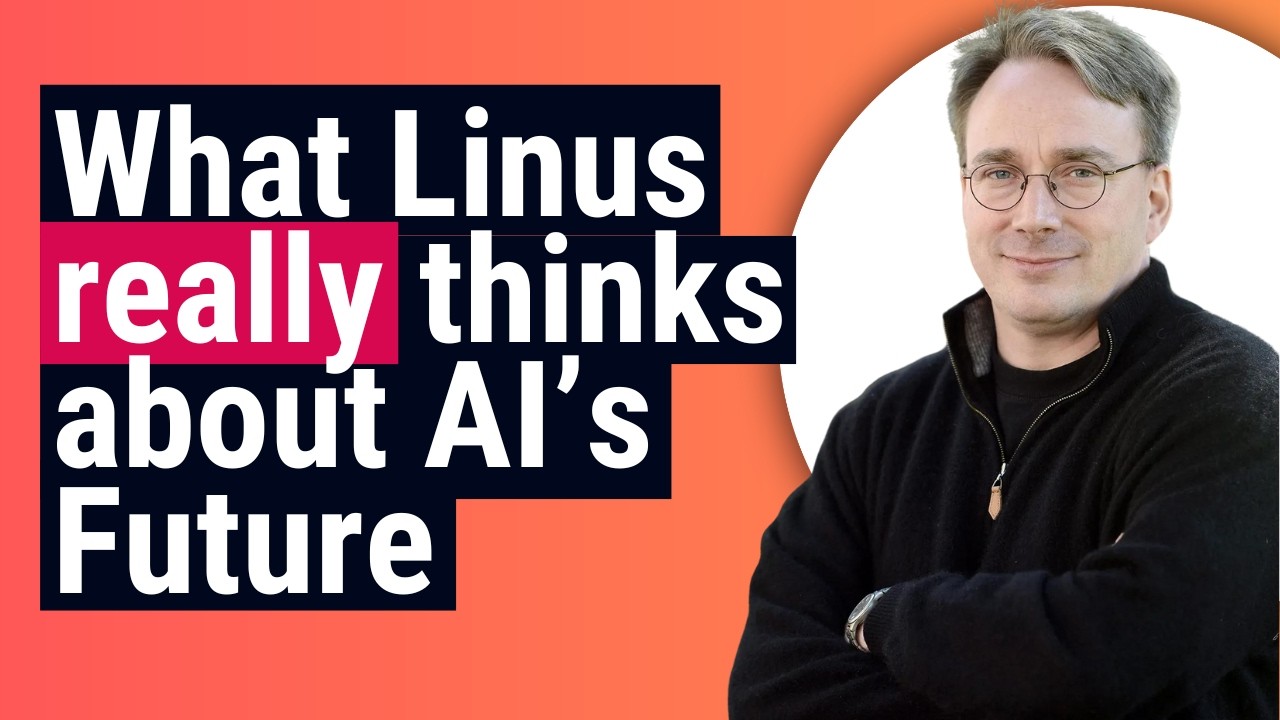In a discussion with Dirk from Verizon, Linus Torvalds expressed skepticism about the current hype surrounding artificial intelligence (AI), cautioning against exaggerated claims that suggest it will soon replace various jobs, including programming. While he acknowledged some positive impacts of AI on Linux development and the potential for AI tools to enhance software practices, he emphasized the importance of maintaining realistic expectations and focusing on long-term advancements rather than short-term trends.
In a recent conversation between Linus Torvalds and Dirk, the head of the open source program office at Verizon, the two discussed the current hype surrounding artificial intelligence (AI) and its implications for the future of development. Torvalds expressed a mix of skepticism and interest regarding AI, highlighting the exaggerated claims that suggest AI will replace various jobs, including programming and creative roles. He indicated that while AI has made significant advancements, he believes it is essential to temper expectations and wait to see how the technology evolves over the next decade.
Torvalds criticized the rampant hype in the tech industry, noting that many companies are scrambling to include an AI angle in their narratives, often with little substance behind their claims. He compared the current AI enthusiasm to previous tech trends, such as cryptocurrency and cloud computing, underscoring a pattern in which the tech community oscillates between excitement and disillusionment. He urged caution against believing that AI will radically transform the job landscape in the short term.
Despite his skepticism about the hype, Torvalds acknowledged some positive impacts of AI on Linux development, particularly in the area of kernel management. He pointed out that companies like Nvidia have become more engaged in the Linux community due to the demand for AI-related technologies. This increased involvement has the potential to enhance Linux memory management and improve the overall development process.
Torvalds also expressed optimism regarding the future use of AI tools to improve software development practices. He highlighted the benefits of using smarter tools for tasks such as code completion and bug detection, viewing these advancements as a natural progression in the evolution of development tools. He compared the current state of AI tools to past innovations, emphasizing that leveraging AI can enhance productivity and streamline complex processes.
Ultimately, Torvalds maintained a measured perspective on AI’s future, recognizing its potential while cautioning against the prevailing hype. He advocated for a long-term view, suggesting that the most significant changes may take years to materialize. By blending skepticism with a genuine interest in the technology’s capabilities, Torvalds encourages a thoughtful approach to integrating AI into development practices, urging the community to focus on real advancements rather than mere trends.
